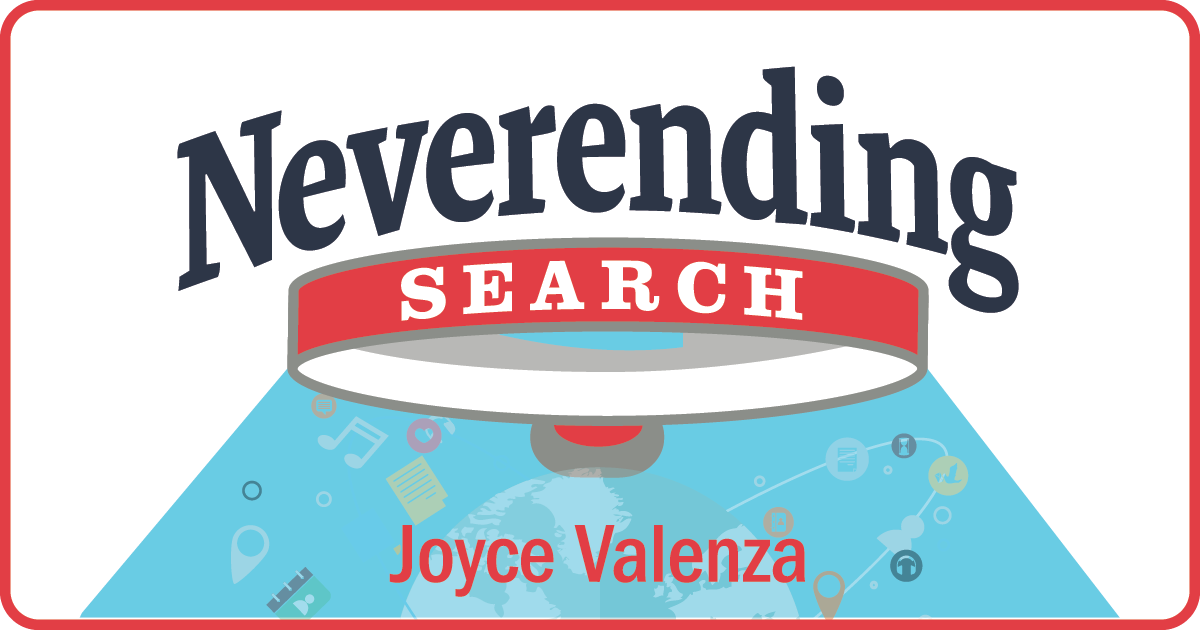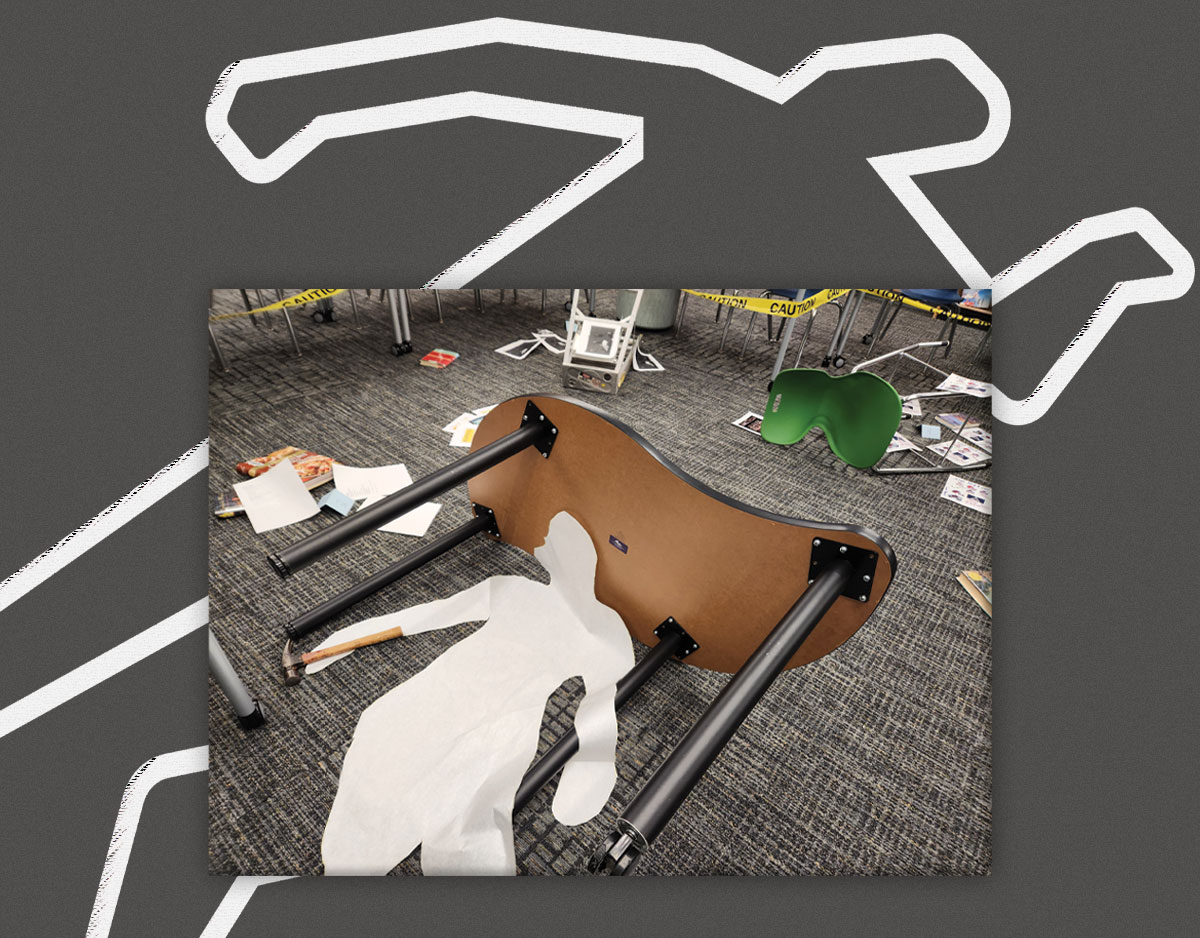SCROLL DOWN TO READ THE POST
Medpedia: a 2.0 platform for health
My reference classes @ Days of Yore Library School, taught me to be especially careful recommending sources medical and legal.
My current experience tells me to be careful, but to help as students, users, and patients navigate and triangulate.
My back-in-the-day experience in creating professional health databases convinced me of the critical need for immediate access and sharing. Innovations in diagnosis and treatment want to be global.
My experience with friends who are critically ill, suggests that the current model of careful, but delayed, professional publishing and inequitable access to expensive subscription content–potentially vital to making health decisions–kinda sucks. (Please forgive my angry language.)
I recently came across the Medpedia Project.
The project represents a new model for sharing and advancing knowledge about health, medicine and the body among medical professionals and the general public.
Launched in public beta back in February, the wiki is designed as a potential clearinghouse, or a commons for current, free, unbiased health information. Medpedia is a wiki with pedigree, as well as a platform for sharing, critiquing, discussion, and debate across the worldwide health community.
ADVERTISEMENT
ADVERTISEMENT
Maintained by health experts, its list of supporters includes Harvard Medical School, Stanford School of Medicine, Berkeley School of Public Health, University of Michigan Medical School and other leading global health organizations. Its entries–available in both plain and clinical English–discuss controversy, offer links, note the names of experts, and point readers to relevant research.
Only physicians and Ph.D.s may contribute to Medpedia’s content.
- Reference source for both medical professionals and the lay-public covering information about health, medicine and the body
- Forum for an individual or Group to be recognized for expertise
- Clearinghouse of bio-medical journal Articles, data, research, and educational materials
- Forum for debating emerging issues
The principles behind the project clearly echo the spirit of a new, collaborative information landscape:
Wisdom of the Many – Medpedia is an iterative environment where content is written, edited and constantly re-edited by an ever-larger group of Editors. Hundreds of Editors can read the Articles and monitor changes using the Recent Changes pages. The model, therefore, is that incorrect information will be corrected quickly, and the overall accuracy of Medpedia will always be improving.
Collaborative – Medpedia gives consumers, medical professionals, and organizations/companies their own ways to contribute. Each has a role in the real world and each can be effective in contributing to Medpedia. The tools and permissions for those contributions will evolve over time as the system matures.
Interdisciplinary – Medpedia is able to tap knowledge from all medical and health professionals, starting with physicians and Ph.D. researchers, but safely including anyone with expertise and motivation, including nurses, public health officials, social workers, etc.
Appropriate language – Medpedia provides a structured environment encouraging two types of content to emerge: "Plain English" pages for the lay-person, and "Clinical" pages for medical professionals.
Transparent – All members must have a profile with their real names and must disclose any financial, personal or professional affiliations that may influence their participation on Medpedia. Every change made to the site is attached to a member’s profile and every change is visible in the logs of the knowledge base.
Self Service – Medpedia is a platform of free tools anyone can use. Medical professionals can use Medpedia as a knowledge sharing and communications tool, a recruiting tool for research collaborators, a clinical referral network, an article publishing network, and a way to develop their reputation in their areas of expertise. Organizations can use Medpedia as a communications tool for their members and to fulfill their mission. And anyone may use Medpedia set alerts to follow topics of interest, to learn and collect knowledge, to teach and share information and to elevate the best medical information on the web.
Free, Web-Based, Real Time – Due to the nature of the Web, improvements made on the website are immediately available worldwide for zero incremental cost.
Medpedia is just beginning. I came across a number of blank pages in my explorations.
Nevertheless, we need Medpedia and I hope that the project will grow and thrive, with, of course, the traditional disclaimer:
The content on or accessible through Medpedia.com is for informational purposes only. Medpedia is not a substitute for professional advice or expert medical services from a qualified healthcare provider.
Filed under: Uncategorized
About Joyce Valenza
Joyce is an Assistant Professor of Teaching at Rutgers University School of Information and Communication, a technology writer, speaker, blogger and learner. Follow her on Twitter: @joycevalenza
ADVERTISEMENT
SLJ Blog Network
Notes on April 2025
A Brand New Substack (and Some Thoughts on Picture Books Without Plot Or Conflict)
You Talk Too Much, So Just Shut It Already!, vol. 1 | Review
30 Contenders? Our Updated Mock Newbery List
Book Review: Night Swimming by Aaron Starmer
The Classroom Bookshelf is Moving
ADVERTISEMENT
ADVERTISEMENT








